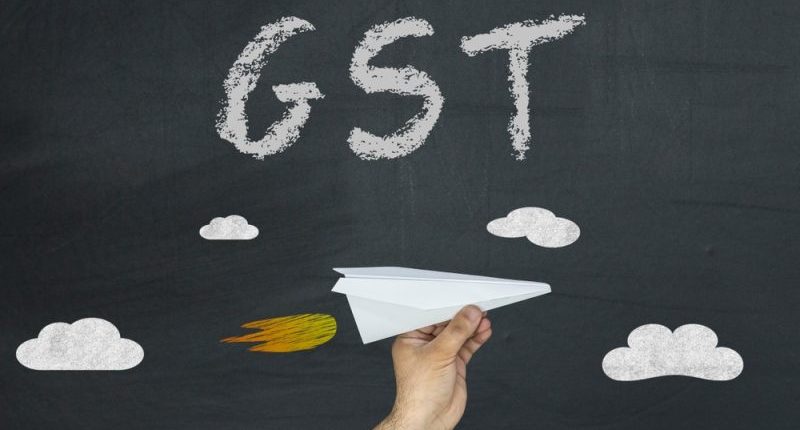There have been several speculations about the GST Council considering a GST levy on fuel. Recently, the Finance Ministry had clarified that this is not on the agenda of the Council and that it would be taken up for deliberation only if it is proposed before the GST Council.
The 45th GST Council meeting will happen on Friday, 17th September 2021, at Lucknow.
Fuel prices continue to boom, and one of the principal contributors to such high prices is the complex and high rates of the indirect tax levy, accounting for almost 50%. Presently, states levy respective state VAT on the consumption of petrol and diesel, which is assessed on a value after including the excise duty levied by the Centre.
It results in a tax-on-tax or cascading effect, contributing to the higher cost. Every distributor will pass the taxes onto the consumers by charging them. Thus, it negatively affects the consumers as petrol and diesel are essentials. It has also affected Indian industries, especially the transport and logistics sector, putting them at a disadvantage compared to their global counterparts.
With a GST levy, this issue is likely to get resolved as a common levy by the Centre and states that allow the input tax credit to be claimed by such distributors. Ultimately, the prices will reduce to some extent.
On the other hand, several states are heavily dependent on tax revenues on fuel. It may force the GST Council to keep the GST rate at the highest slab of 28% (CGST+SGST). It will also have a probable levy of cess for a few years until some states are compensated for the revenue loss incurred.
Even the NITI Aayog proposed a suitable strategy in August 2021 to levy GST on petrol. It recommended that a cess of 50% be imposed on petrol and diesel apart from the GST rate of 28% to compensate states for a couple of years. The rate can be reduced gradually over time.
The highest GST rate inclusive of cess cannot exceed 40% in all probability. However, since both excise duty and VAT put together would still be more than what can be charged under GST, the consumers will cough up a lesser amount than the present rate.
On 1st July 2017, GST was implemented across India. It merged various central taxes such as the excise duty and state levies such as the VAT. However, five petroleum products such as gasoline, diesel, ATF, natural gas, and crude oil, were temporarily not notified of GST rates.
As a result, the Centre continued to impose excise duties on them, while state governments imposed value-added taxes (VAT). These taxes, particularly the excise charge, have been hiked regularly.
In Friday’s meeting, the GST Council will also have various other matters on its agenda. These include state compensation, GST rate rationalisation, a solution to the inverted tax structure issues, further time extension in tax relief on COVID-19 treating essentials, etc.
Join our Telegram channel to keep getting updates on all things finance.
For any clarifications/feedback on the topic, please contact the writer at annapoorna.m@cleartax.in
Annapoorna, popularly known as Anna, is an aspiring Chartered Accountant with a flair for GST. She spends most of her day Singing hymns to the tune of jee-es-tee! Well, not most of her day, just now and then.





